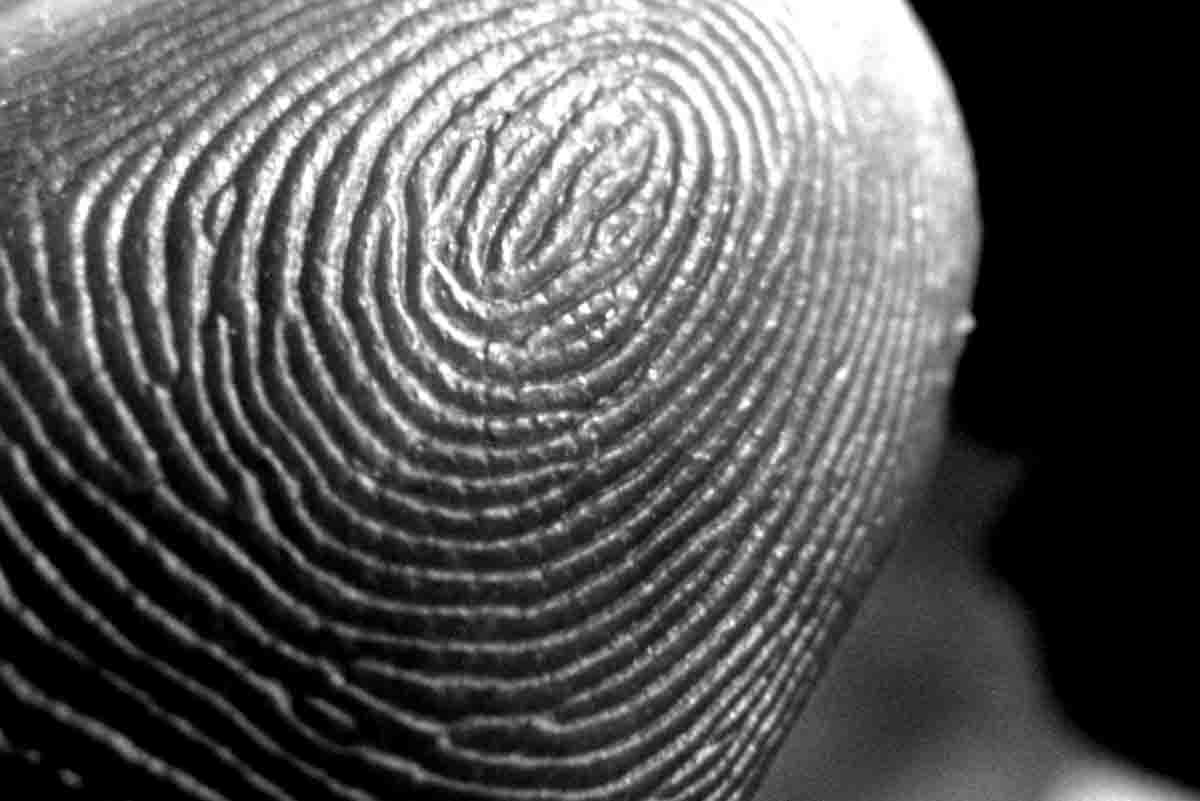Gay Gene
There is No ‘Gay Gene,’ but Sexuality is Affected by Many Genes of Small Effect
Day by day, as genetic science advances, it becomes ever clearer that all psychological traits are genetically influenced.

The authors of an international research project into the genetics of same-sex behaviour recently reported their findings, and created a minor media stir. The international team of researchers looked at DNA markers and data from surveys of sexual behaviour completed by over 400,000 UK Biobank participants, as well as 69,000 users of 23andMe, and found five genetic markers associated with same-sex behaviour. The authors concluded that genetics can explain between 8 percent and 25 percent of the variation in same-sex sexual behaviour.
A debate over the extent to which human sexuality is linked to genetics, if at all, has been going on since at least 1993, when a controversial study appeared to find that some people have a genetic predisposition to homosexuality, and gave rise to the concept of the “gay gene.” The idea that a single gene might be responsible for sexual behaviour—or, indeed, any other psychological trait—has since been discredited and we now know that human behaviour is influenced by many genes, each having a small effect.
The media coverage of the recent study suggests this area of research is widely misunderstood by journalists, including some science journalists. Consider the headline on the BBC report: ‘No single gene associated with being gay.’ While this is true, it’s misleading since it suggests that there are no genes linked to homosexuality. Forbes carried an equally confused piece. Its headline read: ‘The “Gay Gene” Is A Myth But Being Gay Is “Natural,” Say Scientists.’ The Guardian published an article by its columnist Owen Jones under the headline: ‘”Gay gene” theories belong in the past—now we know sexuality is far more fluid.’ Jones manages to dismiss the research altogether with the bizarre comment “…while the research may be interesting, it is surely irrelevant…”
Why is an important scientific finding being downplayed by journalists who clearly don’t understand its meaning? It may be because LGBTQ+ rights advocates are conflicted about whether it helps or hinders their larger cause to acknowledge there’s a genetic component to same-sex behaviour or indeed any psychological trait. On the one hand, it suggests LGBTQ+ identity isn’t a choice and therefore the attempts to persuade gay people to choose otherwise—Christian “cures” for homosexuality, for instance—are misguided. But on the other, it seems to open the door to biological explanations for other social behaviour—the fact that fewer women than men choose to pursue careers in STEM, for instance—and that undercuts orthodox progressive views, which prioritise socio-cultural explanations. We see this conflict in the disagreements between traditional feminists who popularised the idea that gender is a social construct, and trans rights advocates who maintain that a person’s internal sense of what gender they are has a neurobiological basis but that it doesn’t always coincide with their natal gender.

Day by day, as genetic science advances, it becomes ever clearer that all psychological traits are genetically influenced. The geneticist Erik Turkheimer expressed this in what he called the First Law of Behavioural Genetics: All human behavioural traits are heritable. From sexual assault to anorexia, we are discovering that genetics plays a significant part in influencing how we feel and behave. The blank-slatist response is to caricature anyone who defends such findings as a “genetic determinist,” which in today’s febrile and anti-intellectual political climate is just one step away from calling someone a fascist. That’s dangerous. After all, if it’s okay to punch fascists, and behavioural geneticists are propagating an ideology that is almost fascism, then we are getting close to justifying the forcible suppression of scientific research in genetics (which is, one should point out, what actual fascists tend to do).
What’s needed instead is a public conversation about these findings. If it’s true that we will soon be able to predict sexuality (or, at least, assign probabilities to different sexual orientations) from a DNA test on an embryo, how should we respond to this? And extending from that question, how do we respond when we can predict many other aspects of an unborn child’s future personality, from intelligence to their propensity for violent criminality? There are liberal and illiberal answers to these questions. Those who care about reason and liberty need to begin preparing a position which defends scientific freedom, as well as equal rights for all, regardless of the content of their genome. There needs to be a strident response against both blank-slatists on the anti-science Left, and right-wing bigots who might seek to misuse our new understanding of the genetic underpinnings of human behaviour to advance their own political agenda. As Steven Pinker has pointed out, if we suppress intelligent, measured analysis of these controversial scientific findings in the mainstream media, and push those interested in them to visit right-wing websites and message boards to find out more, it is the bigots who will prevail.






